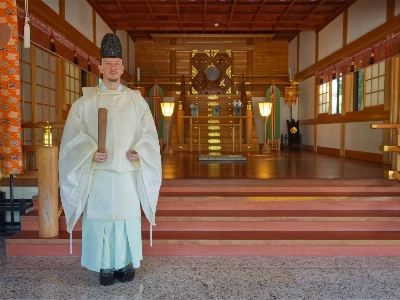The Supreme Court dismissed a lawsuit Tuesday by a group of lawyers seeking to invalidate the outcome of the November 2003 general election in Tokyo's No. 4 district.
The group claimed that the allocation of House of Representatives seats failed to reflect population density.
"The benefit of the lawsuit has been lost as the lawmaker who was elected (in the election) has already resigned," said presiding Justice Toyozo Ueda of the Third Petty Bench.
Ueda was referring to the resignation of disgraced Liberal Democratic Party member Kazuyoshi Nakanishi in March following his arrest for groping a woman.
The decision paves the way for a by-election in the district Oct. 23. It was not held in the spring as the Public Offices Election Law stipulates a by-election cannot be held when the district is the subject of a lawsuit.
The plaintiffs filed the suit with the Tokyo High Court in December 2003, seeking to invalidate Lower House elections in nine districts including the Tokyo No. 4.
They claimed that disproportionate allotments of seats that did not reflect population density in the districts were unconstitutional.
In December 2004, the high court rejected the suits though it acknowledged that the disparity in the weight of vote widened sharply to 2.064.
That means a lawmaker from the nation's most populous district was representing more than twice as many voters as his or her counterpart in the least populous district.
The top court has decided to open the Grand Bench, so all 15 justices will examine the cases in the remaining eight districts.


















With your current subscription plan you can comment on stories. However, before writing your first comment, please create a display name in the Profile section of your subscriber account page.